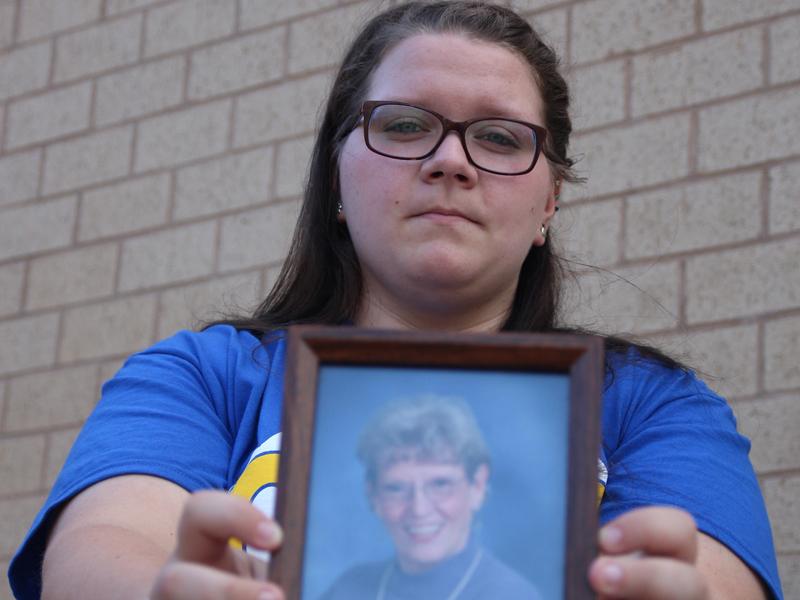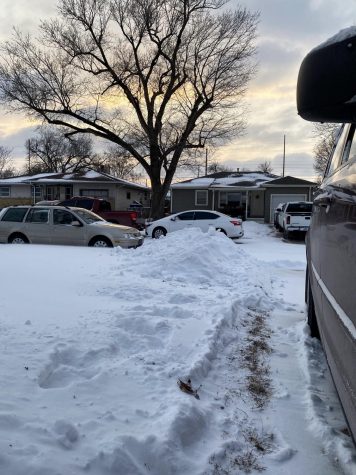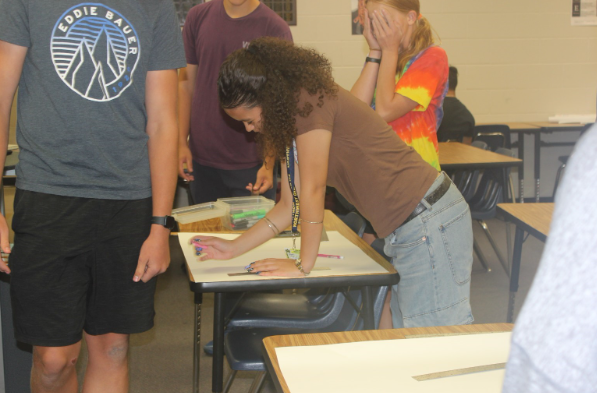Caring for our caregivers
Accident shapes student’s relationship with grandmother
The future is dismal for anyone involved in a school bus collision. Now consider that prior to the accident, the victim suffered from a stroke. On top of that, the victim was elderly.
Sophomore Liz McKinley was worried for the future of her 73-year-old grandmother, who was in the hospital for weeks after being in this situation.
“We were really shocked and concerned for her because she’s going on 75 now,” McKinley said. “We worried that she wouldn’t be able to go through the hospital and all the changes.”
Grandma Edith was able to endure these changes, though. Unfortunately, the stroke and crash damaged the left side of her brain–the part of the brain that controls language.
“I have to take things slow and explain them to her,” McKinley said. “I have to be patient when talking with her because it takes her a while to say some things, to remember them.”
Patience has become an ongoing practice for McKinley. After a couple of weeks in the intensive care unit, Grandma Edith moved in with her granddaughter, who now serves as a caregiver.
“I make sure she eats daily and she at least goes outside and goes for walks,” McKinley said.
Caregiving is not always an easy task, especially due to the changes the task has brought to their relationship.
“It’s a little off because she can’t remember things sometimes,” McKinley said. “One time she forgot my name and she couldn’t remember it. She’s not cheerful and happy like she used to be.”
Although her grandmother’s inability to recall her name or to recall how to drive has interfered with their relationship, McKinley is ultimately grateful for the time they share.
“I was just relieved when I found out she would make it.”





